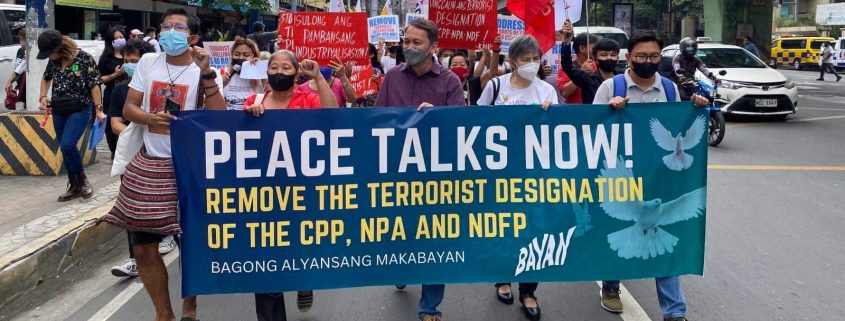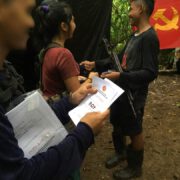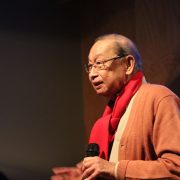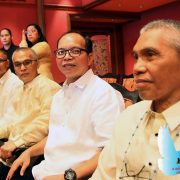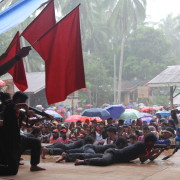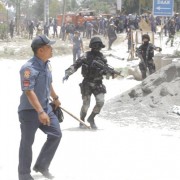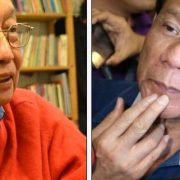Groups demand removal of terrorist designation to revolutionary organizations
Activist groups trooped to the Department of Justice (DOJ) on Wednesday morning to press the Philippine government to remove its designation of the Communist Party of the Philippines (CPP) as a terrorist organization and to resume peace negotiations with the National Democratic Front of the Philippines (NDFP).
On the occasion of the late NDFP chief political consultant Jose Maria Sison’s 84thbirth anniversary, about 40 national and regional organizations said it is time for the government to remove its “arbitrary and erroneous” terrorist designation of the CPP, NDFP and the New People’s Army.
“Instead of the practice of ‘terrorist designation’, the Philippine government should embark on serious peace negotiations to address the roots of the armed conflict. The Marcos regime is the first post-EDSA regime that has not undertaken peace negotiations with the NDFP,” the groups said in a statement.
In the absence of negotiations, the groups added that the basic civil and political rights of NDFP peace consultants, political prisoners and other individuals are violated through the actions of the government’s Anti-Terrorism Council.
Another peace consultant arrested
After the rally at the DOJ, however, human rights group Karapatan reported that NDFP peace consultant Ariel Badiang, was taken under custody by military men in Manolo Fortich, Bukidnon last Monday, February 6.
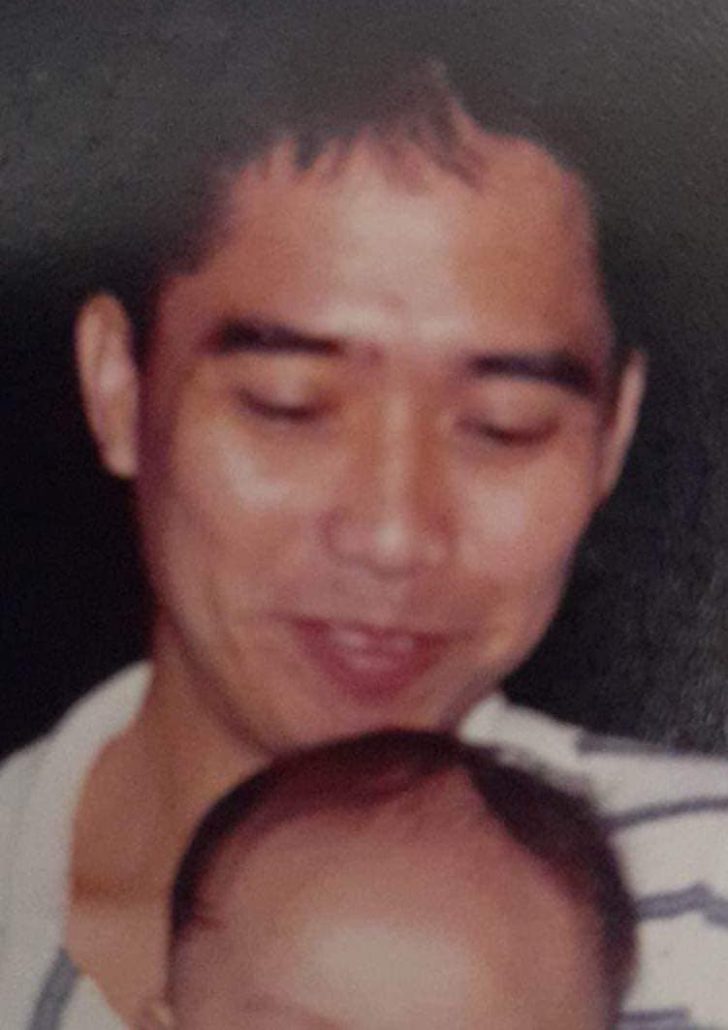
The 64 years old Badiang could not be contacted by his family who have sought the public help in determining his whereabouts.
“If he is in the custody of the Armed Forces of the Philippines, we demand that they immediately surface Badiang, and that they respect his constitutional rights as well as rights under international humanitarian law,” Karapatan said.
In a forum before the rally, the groups said that the terrorist designation of NDFP peace negotiators such as Sison, former NDFP chief negotiatior Louis Jalandoni and peace consultants, activists and other individuals is a violation of their basic universal right to due process.
“We believe that the designation leads to even more human rights violations and violations of international humanitarian law. The indiscriminate terrorist designation of individuals, groups and movements, along with the persistent practice of red-tagging, has led to surveillance, extrajudicial killings, abductions and torture of activists, the groups said.
They cited NDFP negotiators who were “summarily executed”, such as poet Ericson Acosta, Menandro Villanueva, NPA spokesperson Jorge Madlos and others.
They also cited civilians killed who were earlier tagged by government forces as so-called terrorists, Chad Booc and companions as well as activists in Manila, Cebu, Kalinga, Central Luzon and Batangas who were abducted by state security forces because of allegations of “terrorist activities.”
“We attribute the brutal treatment of these persons, including the elderly and sick, to the terrorist-labeling done by State forces. From the above incidents, it now appears that the terrorist designation has given rise to a ‘Guantanamo mindset’ where a labeled person is no longer entitled to basic rights as a human being,” they said.
Unfair and dangerous
The groups said the terrorist designation of the revolutionary groups is unfair and dangerous as it is politicized, lacks transparency, admissible evidence, nor any objective standards as to what specific acts constitute “terrorism”.
“As such, the act of designating groups and individuals as terrorists has become arbitrary and subject to grave abuse. This has been so clearly exhibited in the terrorist designation of community doctor Natividad Castro who was unilaterally labeled a terrorist in a resolution that did not provide any credible, competent and admissible evidence nor specific acts that would support the claim of the ATC,’ they said.
Among the groups that signed the statement areBagong Alyansang Makabayan (BAYAN), Kilusang Mayo Uno (KMU), Kilusang Magbubukid ng Pilipinas (KMP), GABRIELA National Alliance of Filipino Women, Kalipunan ng Damayang Mahihirap (KADAMAY), League of Filipino Students (LFS), Student Christian Movement of the Philippines (SCMP),
Migrante Philippines, Health Alliance for Democracy (HEAD), Sandugo — Movement of Moro and Indigenous Peoples for Self-Determination, Promotion of Church People’s Response (PCPR),
Pambansang Lakas ng Kilusang Mamalakaya ng Pilipinas (PAMALAKAYA), Unyon ng mga Manggagawa sa Agrikultura (UMA), AMIHAN National Federation of Peasant Women and many others.
The groups cited Manila RTC under Judge Marlo Malagar’s September 2022 decision in a previous case under the Human Security Act that pointed out that the CPP and NPA are not “terrorist” groups and that their resort to armed struggle is in furtherance of their political program which includes land reform and national industrialization.
They also pointed out that membership in the CPP is not illegal after the anti-subversion law had been repealed under the Fidel Ramos presidency.
Stumbling block to peace
In their statement, the groups asserted that the terrorist designation is a stumbling block to peace as it shuts the door to any meaningful peace negotiations and does away with the important agreements made in the course of the peace talks since 1992.
Important agreements signed by the Government of the Republic of the Philippines (GRP) and the NDFP The Hague Joint Declaration, the Joint Agreement on Safety and Immunity Guarantees, the Comprehensive Agreement on Respect for Human Rights and International Humanitarian Law.
Before the Rodrigo Duterte government turned away from the negotiations in June 2017, the GRP and NDFP Panels have initialed drafts on important parts of the Comprehensive Agreement on Socio-Economic Reforms that include land reform, rural development and national industrialization.
“To start with, the almost universal legal principle on the nature and object of rebellion as a political act militate against designating its actors as ‘terrorists’,” the petitioners said.
“We call on the Philippine government to remove the terrorist designations and other stumbling blocks to peace and work to resume formal peace negotiations towards addressing the roots of the armed conflict, the groups said. # (Raymund B. Villanueva)

